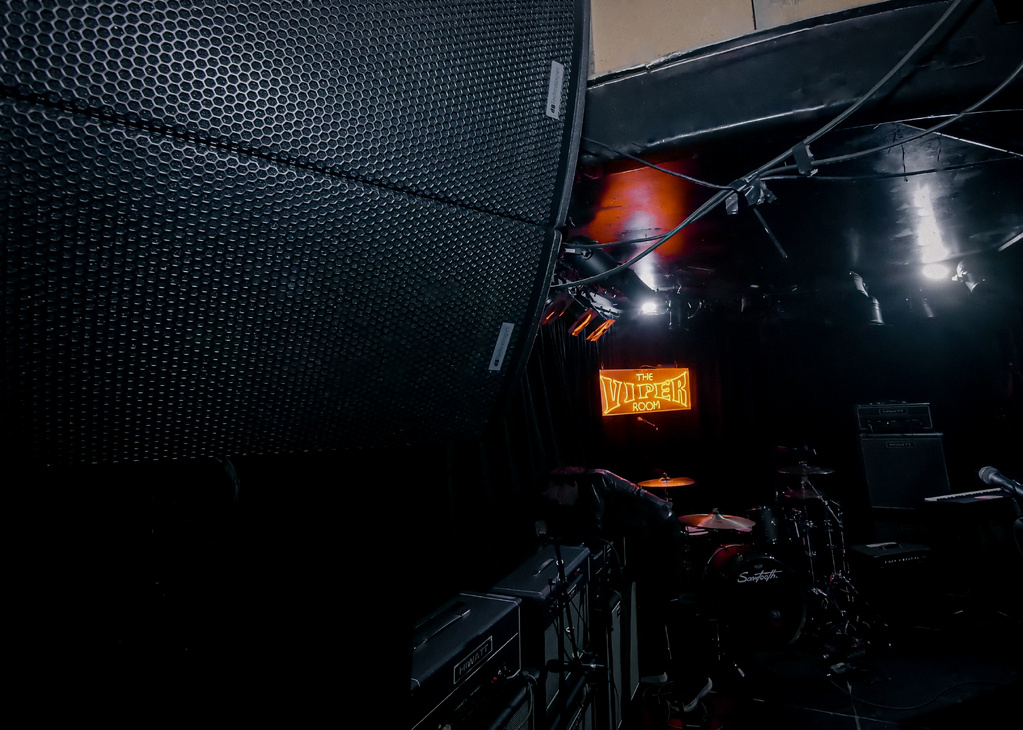What am I trying to accomplish? It’s a question we should probably be asking ourselves, as church sound operators, on a daily basis.
In today’s rapid-paced society, where exciting new changes are mixed with fear and turmoil, the result can be a feeling of spinning in circles with no direction or purpose.
This is quite visible at many churches. It’s almost become a marketing battle as to who can do the most to keep people coming in the doors. As a result, some are willing to compromise beliefs and convictions in favor or appearing “relevant” to mainstream society.
But shouldn’t it be the other way around? Shouldn’t the church be teaching it’s people to make their lifestyle and the “real world” relevant to their faith?
Now let’s narrow this discussion down to those of us who support the technical side of ministry. How can we help a ministry stay on track? Imagine making a trip by boat from England to New York City. The course is set and you’re on your way, but somehow, the direction of the boat is just a couple of degrees off.
Where do you end up? Most certainly not where you wanted to go.
Working in ministry can be the same way. The problem is that sometimes we don’t realize we’re off-track until we arrive at the wrong place. I’ve come to observe that church sound and technical volunteers (as well as their paid counterparts) face constant danger of going off course.
Who Knows What
Why is this so? Simply, it’s very easy to get caught up in new gear, technologies and theories.
These types of things are always changing, and there are hundreds of different opinions floating around about all of it. And it may be hard to admit, but it’s true: these are the things that most certainly are not the secret to success in audio ministry.
Don’t get me wrong — quality equipment, properly applied, is essential. Returning to my trip analogy, it sure would be a tough journey to New York if you tried to make it on a surfboard. The same goes for sound systems. But our job is to be educated about show knows what they’re talking about, and who can provide us with the right tools — not the latest and coolest tools.
Success in all endeavors is greatly determined by whom we associate with. Choose wisely, not just technically or economically. Unfortunately, those who may purport to give advice about sound sometimes doesn’t even know what they don’t know.
We must understand our role within ministry as a whole, and be completely committed to it with excellence. Christianity suffers today because it is horribly misunderstood, mostly due to the fact that it’s poorly communicated.
We all agree that church should always be a venue in which to communicate the truth of Christianity. But if one attends church and the message is not clearly communicated, we are off track.
Those delivering the message have the obvious responsibility of making sure it is consistently correct. These folks, however, are dependent on the sound operator to make sure the message is delivered clearly to the congregation.
By the way, when I use the word “message,” I’m not simply referring to the sermon. Worship and music themselves are also part of the overall message.
Our role is to make sure that all of this is accurately amplified, helping the congregation join in the worship experience. A colleague once compared running sound for a rock concert to running sound in church as the difference between mixing for an audience and mixing with an audience.
Therefore, every time we are at work at the console, or plugging in a microphone on the platform, we must ask ourselves what is our role, and what are we really trying to accomplish?
Role Playing
A high level of value must be placed on attitude. All too often, I’ve witnessed a frightening level of alienation between worship leaders, musicians, pastors and the “tech folks.”
Many view the role of sound operator as one that should be invisible. However, for those of us actually working with sound, that role is far from invisible.
The best way to change this problem is to change our attitude, always looking at things from everyone’s perspective, rather than just our own. At the same time, sound operators should never view their role as secondary or insignificant, regardless of how anyone else sees it. But if the worship leader calls it a support role, that’s OK, because is a support role to and for that individual.
It doesn’t make any difference who gets the credit, or who gets talked about at Sunday dinner. What the sound operator does matters, even if others don’t recognize it.
Our most important mission remains the same. Every time we take our position of supporting worship at our church, the only question we need to ask is simple: “What am I trying to accomplish?”
The answer will always show us the way.




















